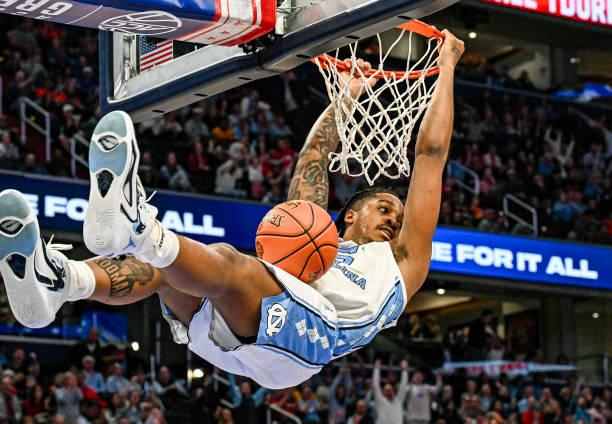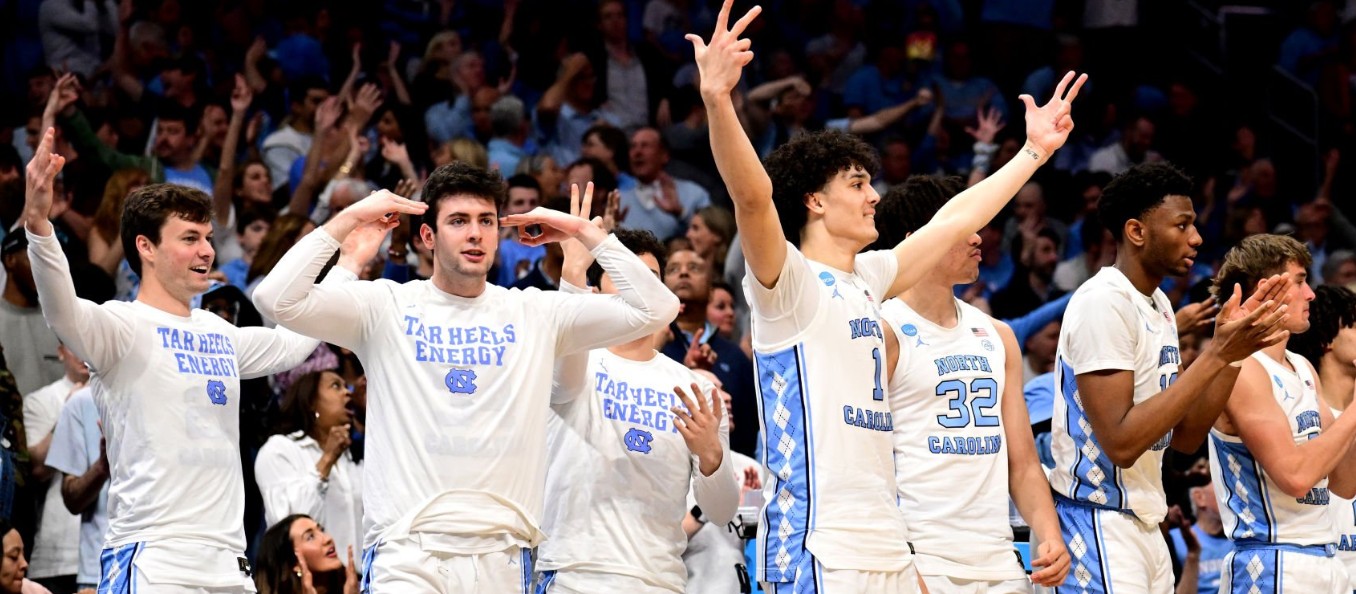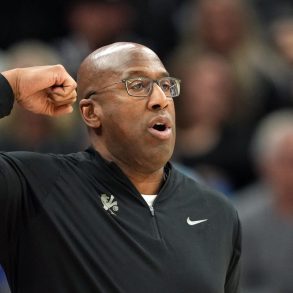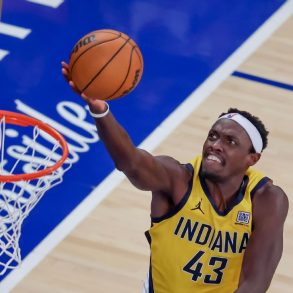The North Carolina Tar Heels have long been one of college basketball’s most storied programs. From the legendary Dean Smith to Roy Williams and now Hubert Davis, the Tar Heels have maintained a tradition of excellence built on fundamentals, teamwork, and player development.
However, as modern college basketball evolves, questions have emerged about whether UNC’s coaching philosophy is keeping up with the times.
The Tar Heel Way: A Legacy of Success
The Tar Heels’ coaching philosophy has historically emphasized fast-paced play, strong rebounding, and a commitment to half-court execution. Under Smith and Williams, UNC dominated with a mix of structured offense and freedom for players to make plays within the system.
This approach produced multiple national championships and NBA-ready talent, including Michael Jordan, Vince Carter, and more recently, Cole Anthony.
However, in today’s game, where analytics, perimeter shooting, and position less basketball dominate, some critics argue that UNC’s style is struggling to adapt.
Struggles Against Modern Basketball Trends
One of the biggest concerns for UNC’s coaching staff is their traditional reliance on a dominant inside presence. While post play remains valuable, the emphasis in college basketball has shifted toward three-point shooting, spacing, and defensive versatility.

The Tar Heels have historically ranked near the bottom in three-point attempts compared to other top programs, which has hurt them against teams that stretch the floor.
Moreover, player retention and the rise of the transfer portal have changed roster-building strategies. Programs like Duke and Kansas have embraced a mix of one-and-done talents and experienced transfers, while UNC has occasionally struggled with roster continuity. This has led to inconsistent performances, particularly against teams with more modern offensive schemes.
Hubert Davis’ Challenge: Modernizing While Preserving Tradition
Hubert Davis took over in 2021 with the goal of continuing UNC’s legacy while making necessary adjustments. In the 2021-22 season, he led the Tar Heels to the national championship game, proving that the program could still compete at the highest level.
However, in the following season, UNC missed the NCAA Tournament entirely, raising concerns about whether Davis’ coaching philosophy can sustain long-term success.
Davis has made some efforts to adapt. He has encouraged more three-point shooting, especially from his big men, and has adjusted the team’s pace at times.
But compared to schools like Alabama, Houston, or Purdue, which fully embrace modern trends, UNC still seems to be playing catch-up.
Can UNC Evolve Without Losing Its Identity?
The key question is whether the Tar Heels can balance their historic philosophy with the demands of modern basketball. The pressure to win in today’s landscape is higher than ever, and fans are eager to see adjustments that bring the program back to national dominance.
The good news is that UNC remains a top recruiting destination, and with the right mix of talent and coaching innovation, they can return to their championship-contending ways.
Davis and his staff must continue evolving, utilizing analytics, and adapting their system to fit the modern game.
If they can do that while maintaining the values that made UNC a powerhouse, the Tar Heels will remain a force in college basketball. If not, they risk falling behind in an ever-changing landscape.







